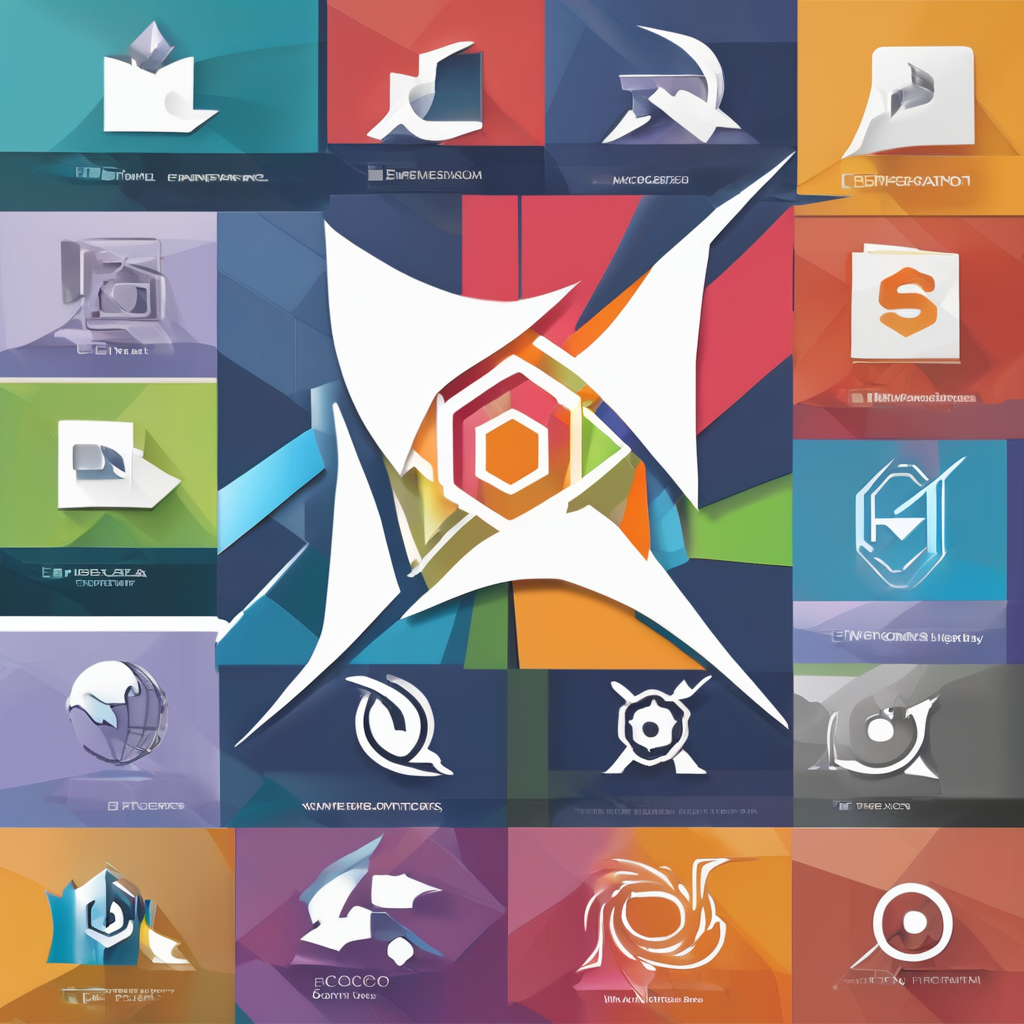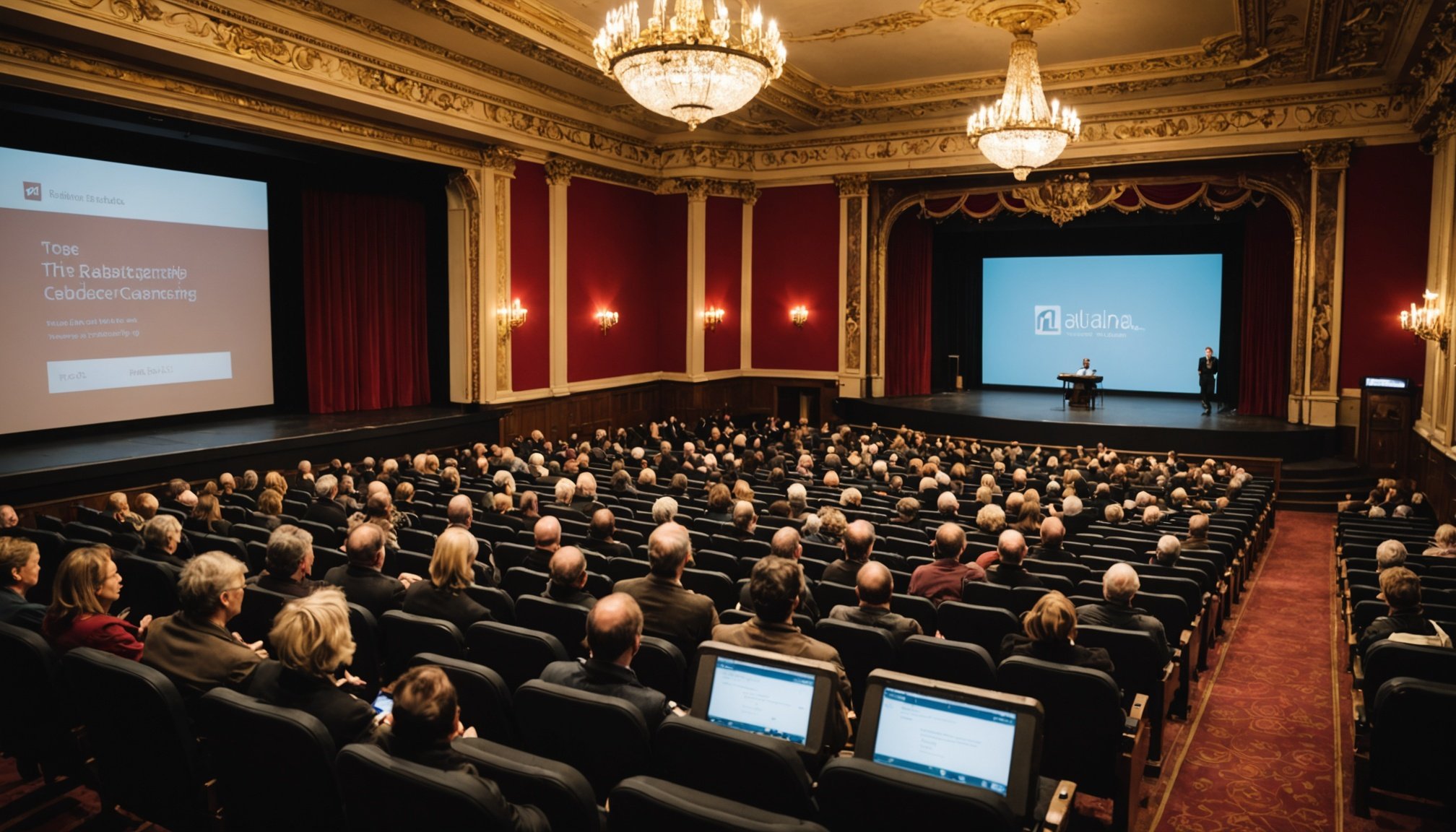Understanding the Post-Pandemic Landscape for UK Theatres
In the wake of the COVID-19 pandemic, UK theatres are grappling with a transformed arts landscape. The global health crisis necessitated closures, resulting in significant financial setbacks and altering traditional theatre experiences.
Post-Pandemic Theatre Engagement now hinges on adapting to new audience expectations. Viewers, having grown accustomed to digital content, bring different demands. Live performances compete with virtual entertainment, pushing theatres to innovate and diversify offerings. To draw audiences back, there’s a need for flexibility in programming, showcasing hybrid events that marry live and digital experiences.
Additional reading : Elevate your hiring game: 12 standout employer branding videos
UK Theatre Challenges are multi-faceted, involving logistical hurdles like reduced seating capacities and increased health measures. This demands resourcefulness, reconfiguring spaces to ensure safety without compromising the aura of live performances. Financial strains require theatres to explore alternative revenue streams and partnerships to remain viable.
Central to overcoming these challenges is the Importance of Reconnecting with Audiences. Establishing trust through stringent health protocols and engaging narratives is critical. Theatres must listen to audience sentiment, shaping content that resonates with emotional and social ties. By fostering an inclusive environment, theatres can revive interest and create vibrant cultural exchanges post-pandemic.
In the same genre : Discover how to get free amazon products for your reviews
Key Email Marketing Strategies for Theatres
Choosing the correct email marketing strategies for theatres can make a significant impact on audience retention and engagement. By focusing on personalization, segmentation, and automation, theatres can keep their audiences engaged and returning.
Personalization Techniques
Personalization is key to capturing audience attention. When theatres employ personalization techniques, such as addressing subscribers by their first name and curating content based on previous interactions, it fosters a sense of connection. By tailoring email content to individual preferences, theatres create a more engaging and relevant experience for their subscribers.
Segmentation Strategies
Effective segmentation strategies allow theatres to divide their audience based on factors like age, location, and past attendance. By creating segments, theatres can send targeted emails that resonate with specific groups. This approach enhances relevance and improves the likelihood of engagement, as recipients receive messages directly aligned with their interests.
Automated Campaigns
Automation transforms how theatres conduct their email marketing. Using automated campaigns, theatres can send personalized messages at optimal times without manual intervention. This allows for seamless audience targeting, keeping the communication timely and relevant. Automation also provides the advantage of consistency, ensuring audiences receive updates and promotions regularly, fostering retention over time.
Data-Driven Insights for Successful Campaigns
Understanding the power of data analytics is pivotal in crafting effective marketing strategies. Making informed decisions starts by examining campaign metrics which provide a detailed picture of marketing performance. These metrics include open rates, click-through rates, and conversion rates, enabling marketers to discern patterns and identify what resonates with their audience.
To elevate the success of an email marketing campaign, certain key metrics must be meticulously tracked. These include not only the aforementioned rates but also subscriber growth and engagement levels. This data serves as a guiding light, illuminating paths to refine strategies and better meet audience expectations.
Marketing performance greatly benefits from the application of audience insights. By analysing customer behaviour and preferences, businesses can tailor their campaigns to align with consumer interests, thus enhancing engagement. Refining future campaigns becomes a targeted exercise rather than a guessing game, resulting in more efficient use of resources and improved return on investment.
By leveraging these insights, businesses are well-equipped to optimise their marketing initiatives, ensuring campaigns not only meet but exceed their goals. Ultimately, data-driven strategies empower companies to foster stronger relationships with their audience, driving sustained success and growth.
Case Studies of Successful Email Campaigns in Theatres
Exploring how theatres have successfully navigated email campaigns can offer invaluable insights. This review will look at notable Theatre Email Case Studies that provide clear pathways to success.
Review of Notable Campaigns
Several theatres have achieved commendable Success Stories through well-crafted email campaigns. For instance, the use of personalised subject lines and targeted segmentation has significantly boosted open rates. These strategies allowed theatres to connect with their audience on a more intimate level, fostering a sense of exclusivity and engagement.
Lessons Learned from Failed Campaigns
While some campaigns thrived, others stumbled. A common pitfall in failed campaigns was the neglect of audience preferences by sending generic content. Understanding audience demographics and interests is crucial to tailor emails effectively, as impersonal messages can result in unsubscribes or being ignored.
Innovative Approaches to Audience Engagement
Innovative approaches are key to revitalising audience interaction. Implementing interactive content, such as polls or Q&A sessions in emails, has proven to elevate engagement. These strategies not only capture the recipient’s attention but also encourage participation, ultimately strengthening the relationship between the theatre and its audience. Tapping into technology and creativity offers a roadmap for future email strategies.
Implementing Cutting-Edge Technologies
In the dynamic world of email marketing, adopting automation tools and advanced analytics can significantly enhance engagement. These technologies streamline campaign management and allow marketers to concentrate on creative and strategic aspects. Automation tools like Mailchimp enable the scheduling of tailored emails, fostering consistency and enhancing the customer experience.
Theatre marketers, in particular, should consider leveraging technologies that personalise content. Advanced analytics provide precise insights into customer preferences and behaviours, allowing for targeted communication strategies. Platforms such as HubSpot offer comprehensive analytics that evaluate the performance of email campaigns by monitoring open rates, click-throughs, and conversions.
Looking into the future, the landscape of email marketing is poised for exciting trends. Integration of artificial intelligence to predict customer engagement patterns and optimize content is one such trend. Machine learning algorithms can analyze vast datasets to automatically suggest the best time to send emails and even craft personalized messages. This seamless integration of technology not only boosts efficiency but also enhances audience engagement.
Here are a few game-changing benefits of email marketing technology:
- Increased Efficiency: Automation saves time on repetitive tasks.
- Enhanced Customer Engagement: Personalised emails resonate better with audiences.
- Data-Driven Decisions: Advanced analytics lead to informed strategies.
Fostering Community Through Email Marketing
Building a sense of community among theatre patrons can be achieved by fostering community engagement through email marketing. One effective strategy is to enhance audience interaction by sharing immersive storytelling within emails. This can involve narratives about the theatre’s history or behind-the-scenes glimpses, helping patrons feel a stronger connection and sense of belonging.
Interactive content, such as polls or surveys, can further encourage building relationships. These methods actively invite subscribers to become part of the theatre’s narrative, making the audience feel valued and heard. Regularly including segments where audiences can share their own stories or testimonials can also fortify this sense of inclusion.
Establishing feedback loops is vital for effective audience engagement. By encouraging recipients to provide opinions or suggestions and then visibly implementing changes, a theatre can show genuine appreciation for audience input. This reciprocal interaction not only increases the trust and loyalty of patrons but also contributes significantly to creating and maintaining a vibrant community.
Ultimately, these strategies ensure that each email serves as a bridge connecting patrons to the theatre, transforming communication channels into interactive, engaging platforms that prioritize building and nurturing community relationships.











